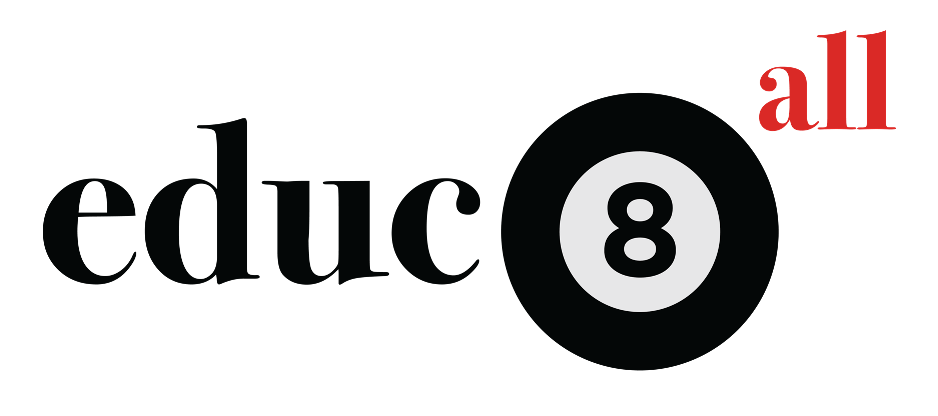
Education: Does the future of learning need to be reimagined?
[Video transcript regarding one of the five One Young World 2019 plenary session themes: Education: Does the future of learning need to be reimagined?]
Hello, my name is Vishal Bhogaita. I am a Chartered Accountant and founder of educ8all, an online learning platform. I want to talk to you today about whether the future of learning needs to be reimagined? In October 2016, the Unesco Institute for Statistics published analysis showing that the world needs almost 69 million new teachers. This requirement is to reach Sustainable Development Goal 4 which aims to bring about universal primary and secondary education.
Now, you would be right to think that this is largely a developing world phenomenon but you may be surprised to hear that the developed countries are facing teacher shortages too.
As pointed out by the Education Policy Institute, the national pupil to teacher ratio has risen from 15.5 in 2010 to around 17 in 2018 in England. Teacher numbers are growing slower than pupil numbers as recruitment and retention are getting gradually worse over time.
The EPI also points out that research undertaken in the US suggests that lower quality teachers tend to be located in poorer areas and this is an important factor in the lower performance of pupils in poorer areas. If a similar relationship were to be found in the UK, there would be significant implications for policies addressing social immobility and all of this highlights the need for change. But in what form?
One of the most frequently-cited reasons for teachers leaving the profession is workload and so edtech companies such as educ8all, which I have founded, are seeking to address various aspects of teacher workload. At educ8all, we provide students with access to third-party video courses, other downloadable materials, as well as tutors, to augment the learning experience. Our view is that video courses can help bridge the gap when students fall behind or serve as a refresher as and when required. Video courses can also enable flipped learning meaning that teachers in classrooms can focus on other aspects of students’ education.
This is a model which I am pleased to see some of the ICAEW’s approved providers of learning undertaking but which sadly is not yet fully available at earlier points in the academic system and so I have decided to take up the challenge at educ8all. We can use Tech for Good as it reduces distribution costs and therefore make an impact on alleviating social and geographic imbalances.
Now, Chartered Accountants already play an important role when acting in the capacity of business advisors to edtech businesses or their investors. Furthermore, the Institute, by encouraging innovation within its own spheres of influence, can enable broader change within the education sector. The Institute’s interactions with emerging challenges and technologies, such as blockchain and AI, and the Institute’s ability to assimilate them into its own curriculum so that budding Chartered Accountants are ready for the challenges of tomorrow are the kinds of actions that I believe mark out the Institute as a beacon for best practice and positive change.






Responses